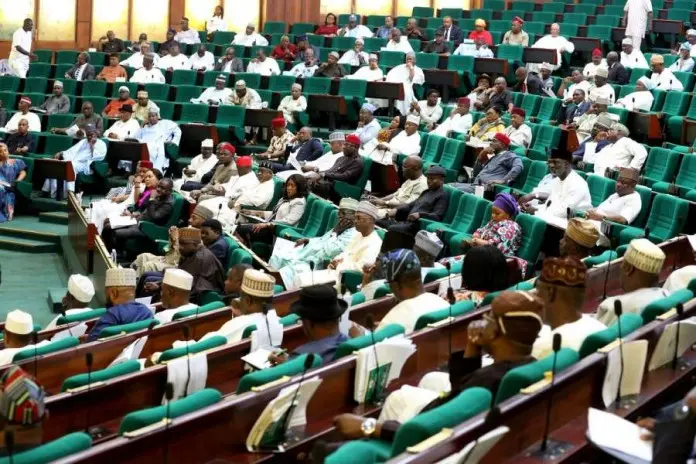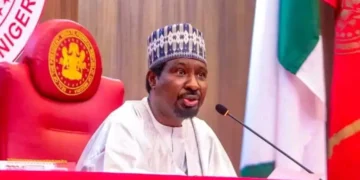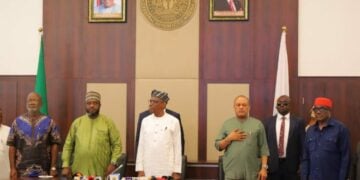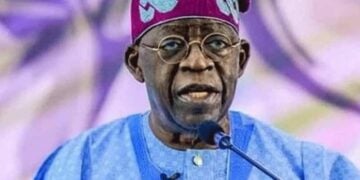I was not surprised that President Muhammadu Buhari decides to withhold assent to the recent amendment to the electoral act 2022 recently passed by the National Assembly. This effectively means that the marriage of convenience between the 9th Assembly and the president is over.
After declining the request by the President to expunge section 84(12) of the newly enacted Electoral Act, National Assembly discovered a lacuna in the new law, which shutout statutory delegates including the president, Vice President, governors and their deputies, former and current members of the National Assembly as well as state and national officers of the parting from voting as automatic delegates during political party primaries.
The parliament immediately reconvened and pass the amendment bill in a day. The amendment was sequel to the consideration of a bill, titled “A Bill for an Act to amend the Electoral Act No 13, 2022; and for Related Matters (HB. 1984), sponsored by the Chairman, Committee on Rules and Business, Abubakar Hassan Fulata, at an emergency plenary called exclusively for the purpose of passing the bill into law.
However, President Muhammadu Buhari has refused to sign the amendment and statutory delegates pushed out by the Act have turned out to be the biggest losers in the intense political game.
Section 84(8) recognises only democratically elected delegates, stating, “A political party that adopts the system of indirect primaries for the choice of its candidate shall clearly outline in its constitution and rules the procedure for the democratic election of delegates to vote at the convention, congress or meeting.”
To this end, only National delegates elected at the local government congresses will determine the Presidential flag-bearers of the party.
Likewise, only the five delegates elected from each ward for the state congresses will vote to elect governors, senators, House of Representatives and states’ House of Assembly members for the APC. For PDP, it will be the three delegates elected from each ward.
So, statutory delegates, including elected councillors, local government chairmen and their deputies, party chairmen in local government areas, state and federal lawmakers (current and former), governors and their deputies, President and Vice- President, National Working Committee members, state party chairmen and secretaries, are no longer voters at the primaries.
I could imagine how embarrassing it was for the president when the lawmakers who have struck a semblance of harmonious working relationship over the years turned down his request to amend section 84(12) of the new act.
President Muhammadu Buhari had in a letter to the National Assembly,l sought an amendment of Section 84 (12) of the Electoral Amendment Act 2022.
According to the president, section 84 (12) constitutes a disenfranchisement of serving political office holders from voting or being voted for at conventions or congresses of any political party.
This, he said, was for the nomination of candidates for any election in cases where it holds earlier than 30 days before the National Election.
The section reads: “No political appointee at any level shall be a voting delegate or be voted for at the convention or congress of any political party for the nomination of candidates for any election.”
The president, by his interpretation, felt that the provision introduced qualification and disqualification criteria that ultra vires the Constitution by way of importing blanket restriction and disqualification.
Now that the matter is before the Supreme Court and has been slated for hearing Thursday, 26th May, it is beyond a political solution.
But the president chose the best time to revenge, as vetoing the amendment to section 84(8) of the Electoral Act is very strategic. The lawmakers cannot constitutionally override the president’s veto within the short period left before the party primaries and doing so would only be useful for future elections.
This simply means that the lawmakers have lost out in the power play ahead of the 2023 elections, and the governors who control the elected delegates can be said to have won the war.





